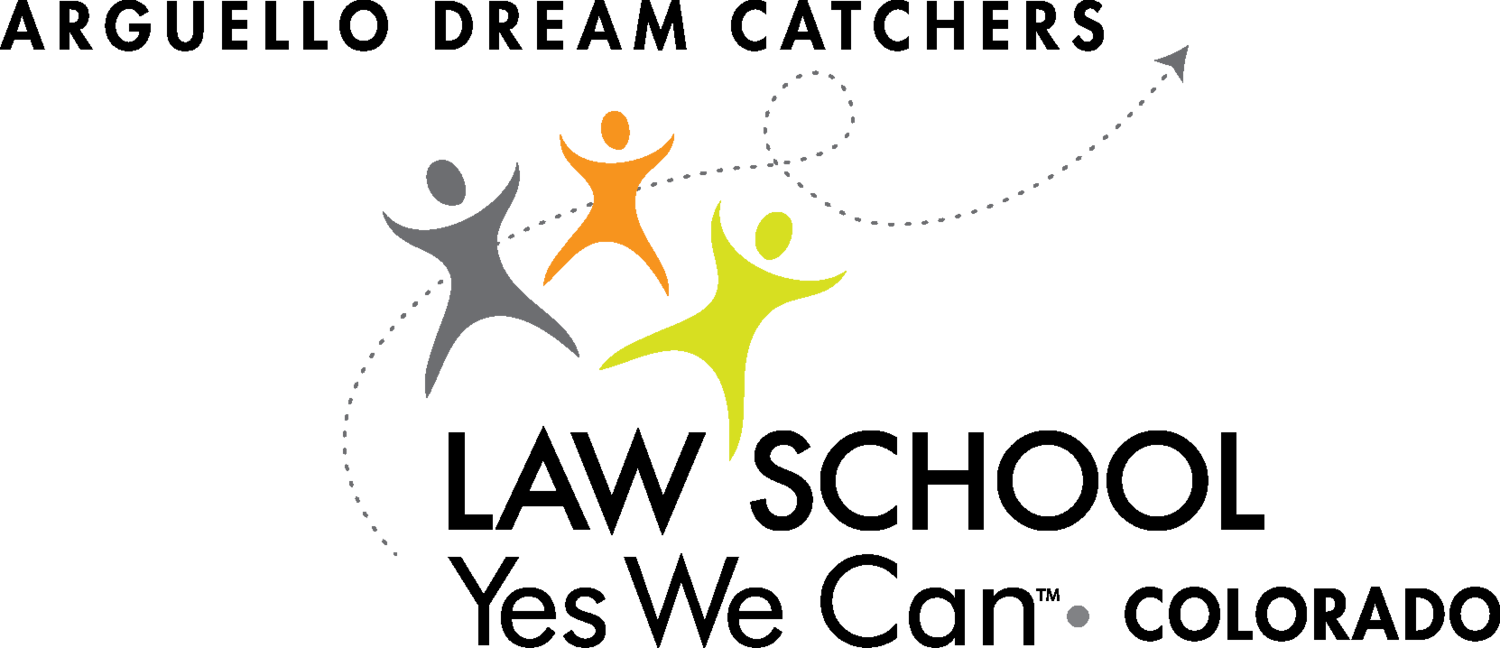BLOG | Cherokee Ronolo-Valdez
Graduating Amidst Covid-19
June 1, 2020
For the first time in years, you finally believe that everything is in control and will be A-Okay. One minor problem: Covid-19. In the blink of an eye, that feeling is snatched away. Suddenly, all that you have been looking forward to–that final hockey game, the final all-nighter, graduation–is just...gone. Materialistic things, you try to convince yourself, that’s all those are. The fact of the matter is that as a first-generation college student, these were more than just materials – they were landmarks that signaled you made it.
Now, as you count down the days until the end of the academic quarter. It feels like you are physically drowning, because there is no buoy, no lifeboat in the distance within your reach. There is no island afloat to keep you safe. While you knew there would be moments of uncertainty after graduation, you never thought there would be this much in what was meant to be your most anticipated quarter ever. Point blank? It sucks. But you were raised to persevere and to pick yourself up, dust off your pants, and just carry on.
It does not matter that you are no longer in the driver seat. You turn up the music, because sometimes all that matters is being able to step back and reevaluate what is most important for the time being. This has been the epitome of my college career. This skill of reevaluation has been a constant in my everchanging identity as a college student. Over the past three years, I have come to realize how to take that step back and tune in to what it is that is actually important. From changing my major three times within two consecutive quarters sophomore year to dropping out of a master’s program. Life, and people are constantly changing and while it is terrifying on the surface, that is perfectly fine.
Right now, all everyone wants is to get back to a “normal” life, but when was life ever normal? We have routines and we have this sense of self, but we are so constantly changing, at the smallest of degree, that until we decide to sit down and reevaluate ourselves, it is years until we realize our “normal” has changed. The only thing Covid-19 did was condense the changing process. It has forced us to reevaluate sooner than we would have done on our own, and writing this blog post, I realize that it is not necessarily a bad thing.
Covid-19 has forced me to realize that flexibility is an important way of life. While I believe in planning, I also think it is important to recognize when it is time to throw the plan away and simply figure out how to do the next right thing for your new self. Am I angry? Yes. Am I sad? More than I care to admit. Am I going to figure out where to go from here? Always.
College 101: Slide to the Left, Slide to the Right: Reverse-Reverse Culture Shock
July 2, 2019
Privilege is extremely prevalent within society, and you will encounter it constantly on college campuses. It is beyond important that we address our own privileges on a regular basis. As an alumnus of Denver South High, I was exposed to an immense amount of cultures: 45 languages, 65 countries, students from around the world, and peers who had just begun their journey in the United States. This is my privilege. I was exposed to a multitude of cultures which allows me to keep an open mind. This has not been the case for everyone.
College has been a culture shock. Culture shock is a noun with the definition of, “The feeling of disorientation experienced by someone when they are suddenly subjected to an unfamiliar culture, way of life, or set of attitudes.” Within the walls of my university, I am surrounded by strong minded people, whose opinions do not always match my own.
Some individuals in this world genuinely fail to recognize their privileges. Over the past two years I have realized I have two choices when it comes to these individuals: ignore them or call out their nonsense. I typically choose the latter. My university preaches an “inclusive” community, yet “inclusiveness” is not their top priority. In a particular situation involving a leadership class, we were to complete a scavenger hunt with a group for a lesson in feedback. My professor was not expecting me to give him feedback. On the list was “take a video of a teammate acting out their spirit animal.” I refused to allow my team to complete this item and explained to them--and my professor-- that spirit animals are part of Native American culture and religion. They are sacred, and there is a process that individuals go through in order to find their spirit animal. It is not something they choose; it is not something they joke about. This item was culturally insensitive. This was in my leadership class. This class is meant to teach us how to be better leaders, better individuals, and how to be more inclusive. My professor had no ill intentions, but he also was completely uninformed about spirit animals and the Native American culture. It is impossible to have an inclusive community if one’s educators in leadership are not educated on allcultures. It is impossible to have an inclusive community if it is not a top priority of the university.
Being on campus for the first time was a culture shock to me and it is still something I am adjusting to nearly two years later. Students of diverse backgrounds are thrown into a world which lacks the privilege of understanding inclusive excellence; we can either ignore the ignorance, or we can call out the nonsense. I choose to continue to educate those that fail to recognize their privilege in the hopes of leaving campus a little more inclusive.
“Sí, Se Puede” is a phrase born of farmworkers, who, under the leadership of the UFW, César Chávez, and Dolores Huerta, fought valiantly for equal protection under the law. As a result of the efforts of the UFW, “Sí, Se Puede” has become well known as a call that engenders hope and inspiration in those who face similar battles. We thank the UFW, whom we acknowledge to be the sole and exclusive owner of the Trademark SI SE PUEDE, for granting us a limited license to use“Sí, Se Puede” in connection with our efforts to recruit, in Colorado, students of Hispanic or Latino descent for our law school pipeline program. For more information about the programs offered by the UFW, please see UFW’s webpage (www.ufw.org); UFW Foundation’s webpage (www.ufwfoundation.org); and UFWF’s immigration services webpage (www.sisepuede.org)



